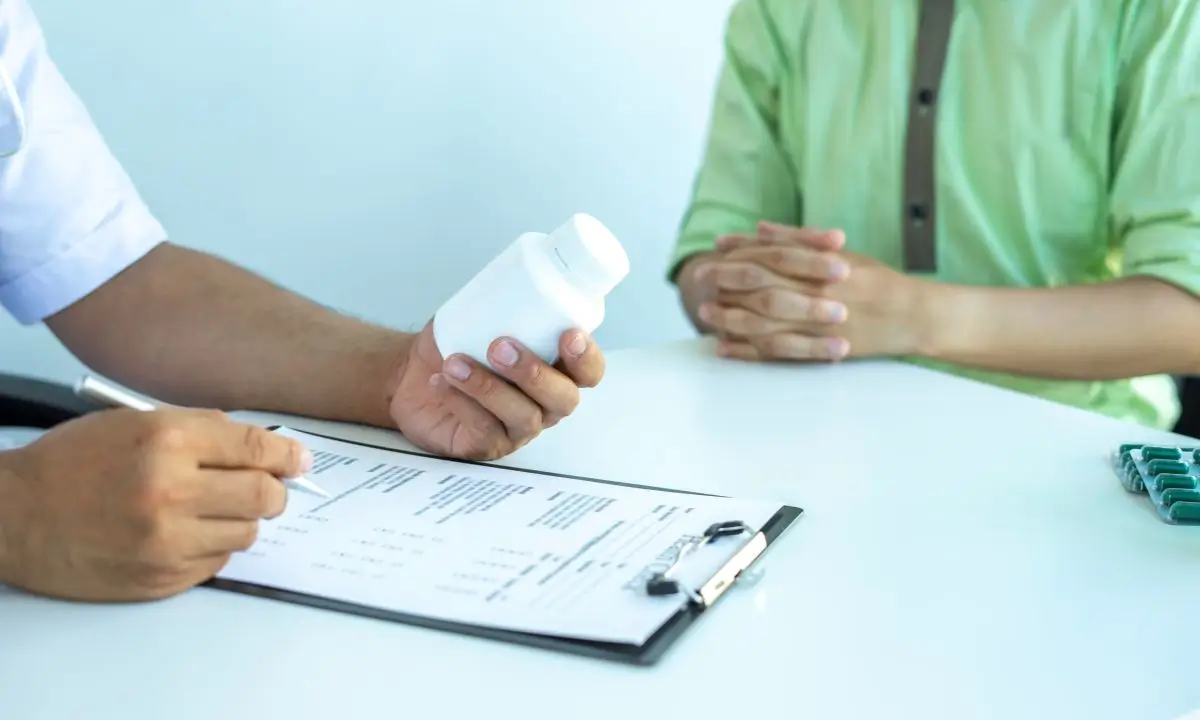Adderall is a familiar name among attention disorder treatments. But that doesn’t mean everyone understands how it actually works or what could go wrong with it. This guide covers Adderall’s intended benefits, risks, safer alternatives, and treatment options for dependence.
Adderall Generic Name: What Is It?
Adderall is the brand name for a mix of two stimulants. On the prescription label, you might see “amphetamine/dextroamphetamine” instead, which is the generic form. It works the same way as the brand-name version.
Adderall XR vs. Immediate-Release Versions
Adderall comes in two main forms, and the difference matters.
- XR (extended-release) is designed to release slowly, keeping you covered for around 10–12 hours.
- Immediate-release kicks in faster but fades after 4–6 hours.
Which one a doctor prescribes often depends on your daily routine, how your body responds, and how steady you need the effects to be.
What Does Adderall Do?
At its core, Adderall increases levels of dopamine and norepinephrine in the brain. Normally, your body clears these chemicals quickly. Adderall slows that process, letting them linger for longer.
More dopamine often means better focus and motivation. Norepinephrine helps you stay alert. However, your brain gets used to these changes. Over time, when the medication wears off, you can feel drained, unfocused, or irritable.
What’s It Used For?
Doctors generally prescribe Adderall for two main conditions:
- ADHD, to boost focus and control impulses
- Narcolepsy, to reduce intense daytime sleepiness
Common Short-Term Effects
When you start taking Adderall, some side effects are common. For many people, these become more manageable after a few weeks:
- Trouble sleeping
- Dry mouth
- Reduced appetite
- Headaches
- Faster heartbeat
If these symptoms don’t go away or start to worsen, your doctor may tweak your dosage or suggest another option.
Long-Term Risks of Adderall
Because it’s a stimulant, Adderall use for months or years can lead to tolerance. You may need more to get the same result, and that’s when the risks compound:
- Dependence and tolerance: Relying on higher doses over time
- Heart problems: Raised blood pressure and higher heart disease risk
- Mood changes: Anxiety, irritability, or depression becoming worse
- Memory issues: Trouble concentrating or recalling details
- Sleep problems: Ongoing insomnia or poor-quality rest
Severe Side Effects
Some reactions can require urgent intervention. These may happen without warning, even at a regular dose, and especially if combined with other substances or health issues.
Get emergency help if you or a loved one experiences:
- Seizures
- Chest pain or breathing problems
- Hallucinations or intense paranoia
- High fever with confusion and shaking
- Allergic reactions like rash or swelling
Is Adderall Addictive?
Yes, Adderall can be addictive. The DEA lists it as a Schedule II drug, alongside strong painkillers. Signs of addiction include taking more than you’re prescribed, using it without medical guidance, or continuing use despite harmful effects.
Overdose Risks
An overdose can happen if you:
- Accidentally take an extra dose
- Gradually increase your dose too much
- Mix it with alcohol, other stimulants, or certain meds
- Have a condition that makes standard doses unsafe
If you recognize these patterns, treatment programs can help you recover safely.
Safer Adderall Alternatives and Precautions
Not every ADHD treatment carries the same risk. Non-stimulants like Strattera aren’t as likely to be misused. Various therapies, better sleep, exercise, and stress reduction can also improve focus, sometimes even without medication. Any treatment changes should still only be made under your doctor’s advice.
If you are taking Adderall, you can help lower the risks by:
- Taking Adderall dosages exactly as your doctor prescribes
- Having regular check-ins to track your health
- Getting your heart checked if you have any history of issues
- Eating well and drinking plenty of water
- Steering clear of alcohol and other stimulants
- Keeping up healthy habits to support your focus naturally
Stay Informed About Your Adderall Prescription
Adderall can be helpful, but it’s not a “set-and-forget” medication. Staying alert to side effects, checking in with your doctor, and making adjustments early can prevent bigger problems later.
If you’re experiencing concerning symptoms or struggling with Adderall misuse, contact our Live Free Recovery team today. We can help you find a safe, effective path forward.





